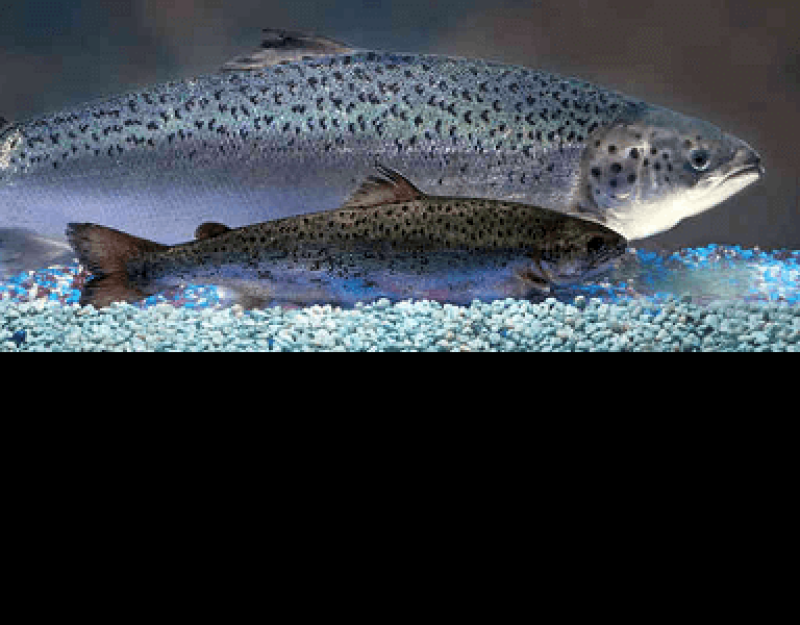The GLP aggregated and excerpted this blog/article to reflect the diversity of news, opinion and analysis.
An excellent paper published in the journal Nature Climate Change sheds new light on the potential for agricultural efficiency to help tackle global warming. . . Looking at the UK farming sector, it estimates that yield improvements could offset as much as 80 percent of the country’s farming emissions in the most optimistic scenarios. The graph below shows the relationship between yield and greenhouse gas emissions.

How do these yield improvements come about? As expected, there is no one-size-fits-all solution. Genetic improvements can contribute in numerous ways, but agronomic considerations such as fertiliser use and crop rotations also have an effect. Reducing food waste is also critically important. Unfortunately, the trend in European farming has been towards a plateauing of yield increases since the 1990s, as the graph below shows. Reversing this levelling out of yield growth is clearly an immediate priority.
This research will come as a challenge to those who advocate for more extensive and lower-yield farming systems such as organic agriculture, which tends to have substantially lower yields . . . For all its obvious drawbacks, modern intensive farming has allowed vast areas of land to be spared from the plough, avoiding the emission of a colossal 160 billion tonnes of GHGs according to one 2010 estimate (PNAS).
Read full, original post: New research shows higher yield agriculture could lower UK farming emissions































